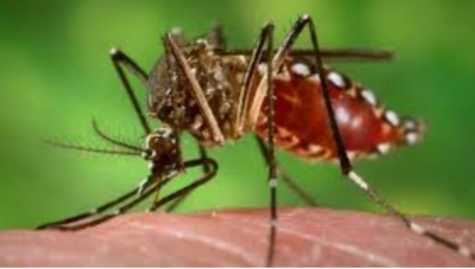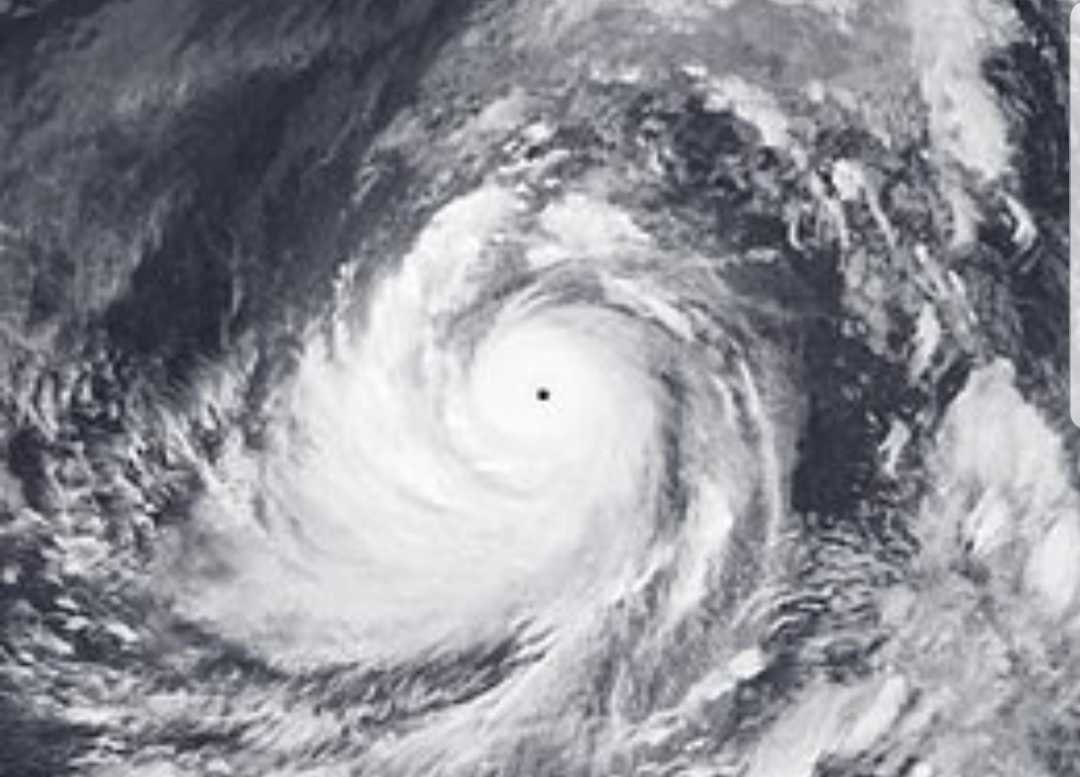
Washington D.C., June 23, 2020 (PAHO)— More than 1.6 million cases of dengue have been reported in the Americas in the first five months of 2020, drawing attention to the need to continue eliminating mosquito vectors of disease even in the midst of the COVID-19 pandemic.
“While social distancing measures are in place, households should be encouraged to work together in and around their homes to get rid of stagnant water, reduce and dispose of solid waste, and to ensure proper covering of all water storage containers. These measures can be done as a family activity,” according to a recent epidemiological update on dengue and other arboviruses from the Pan American Health Organization (PAHO).
In addition to the 1.6 million dengue cases, there were also 37,279 chikungunya cases, and 7,452 Zika cases reported to PAHO. The numbers so far in 2020 show a 10% relative decrease compared to the same period in 2019, which was an epidemic year. PAHO’s figures show that 580 people have died from dengue so far in 2020.
Most cases of dengue in the Americas were from Brazil, with 1.040.481 cases, representing 65% of the total. Other countries with significant numbers included Paraguay, with 218,798 cases (14%), Bolivia, with 82,460 cases (5%), Argentina with 79,775 cases (5%), and Colombia with 54,192 cases (3%). High dengue incidence rates were also reported in Honduras, Mexico, and Nicaragua, with fewer numbers in other Central American and Caribbean countries.
The PAHO Update said, “The COVID-19 pandemic is placing immense pressure on health care and management systems worldwide. Notwithstanding the impact of COVID-19, there is a crucial need to sustain efforts to address dengue” and other mosquito-borne diseases using the Integrated Management Strategy to prevent and control them. This strategy covers management, epidemiology, patient care, laboratory, integrated vector management, and environment.
“People who have symptoms of dengue, including fever and severe headaches, should seek medical attention and be alert to warning signs for severity in dengue such as persistent vomiting, intense abdominal pain, and dizziness,” said Dr. Luis Gerardo Castellanos, who heads PAHO’s unit on neglected, tropical and vector-borne diseases.
Being confined at home during the pandemic is also a good opportunity to clean up mosquito breeding grounds, Castellanos said. These include uncovered water containers, old tires, and trash with any recipients that can hold water. “If we all act systematically to eliminate mosquito habitats, we can strike a blow against dengue by reducing the risk of transmission,” he added.
Countries in the Americas, the PAHO update said, “are urged to make effective use of available resources, as staff, equipment, and supplies are likely to be diverted to provide response to the COVID-19 epidemic within countries.” The aim is “to reduce the transmission and strive to identify early predictors of severe dengue disease at the primary healthcare level.”
Cases of chikungunya were reported in 11 countries and territories, with 95% of the cases in Brazil in 2020. And Zika cases were reported this year in Brazil, Bolivia, and Guatemala, at a much lower level than 2016, when the disease was identified and caused more than 650,000 cases.




